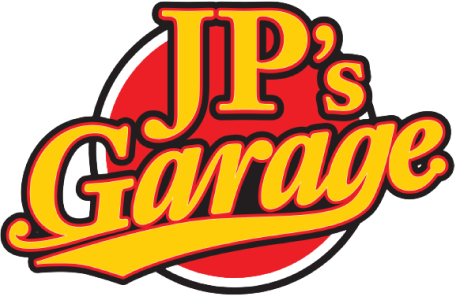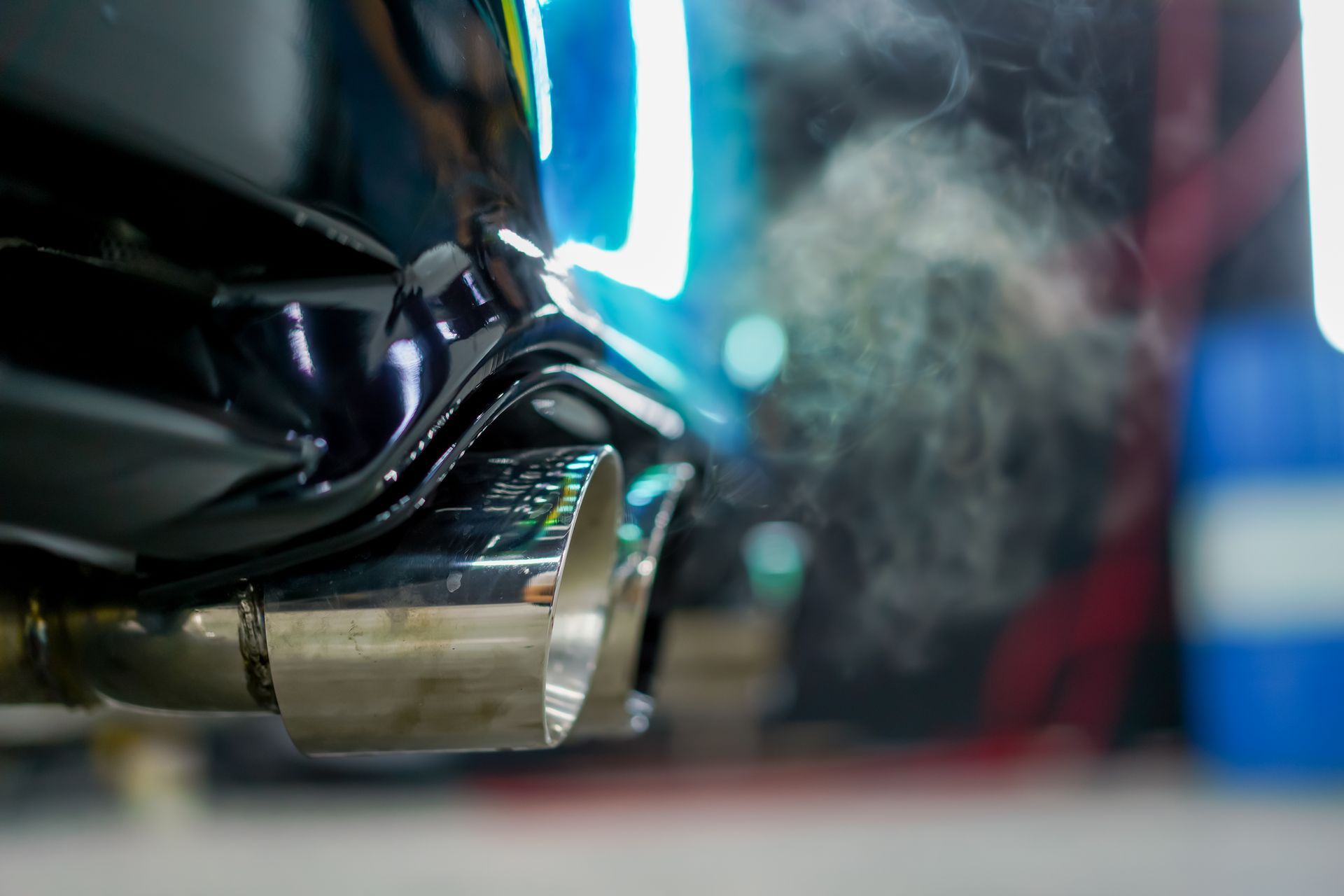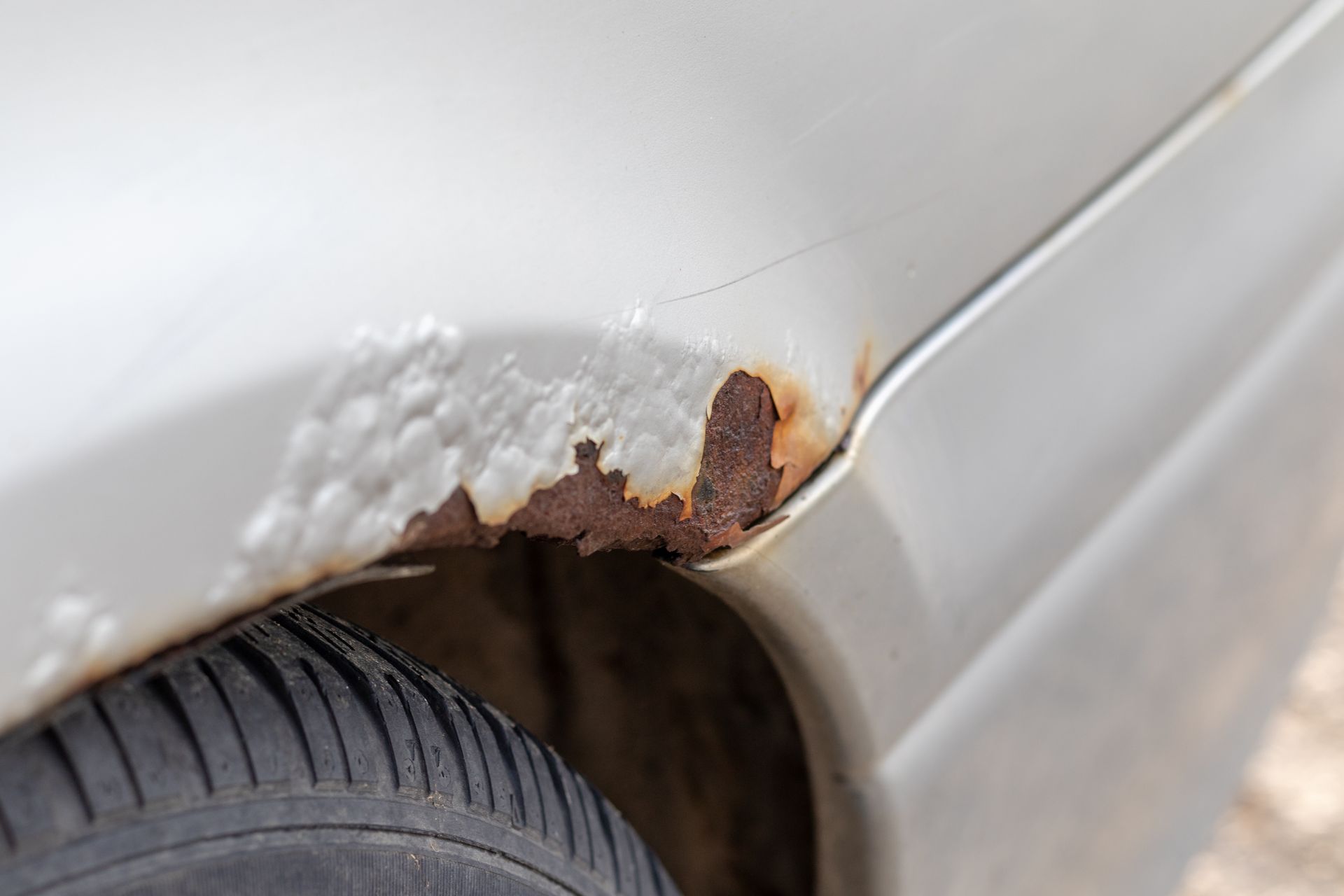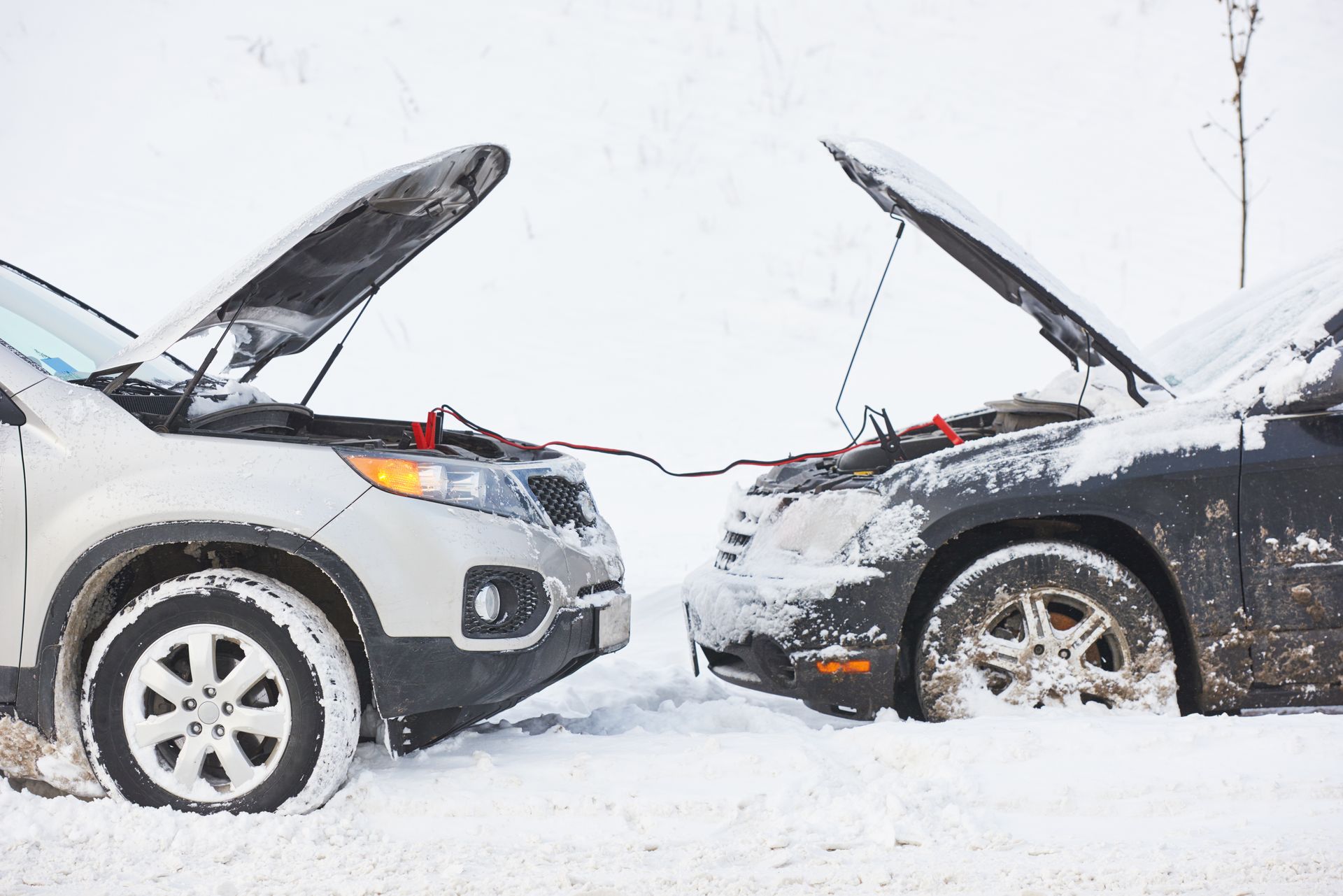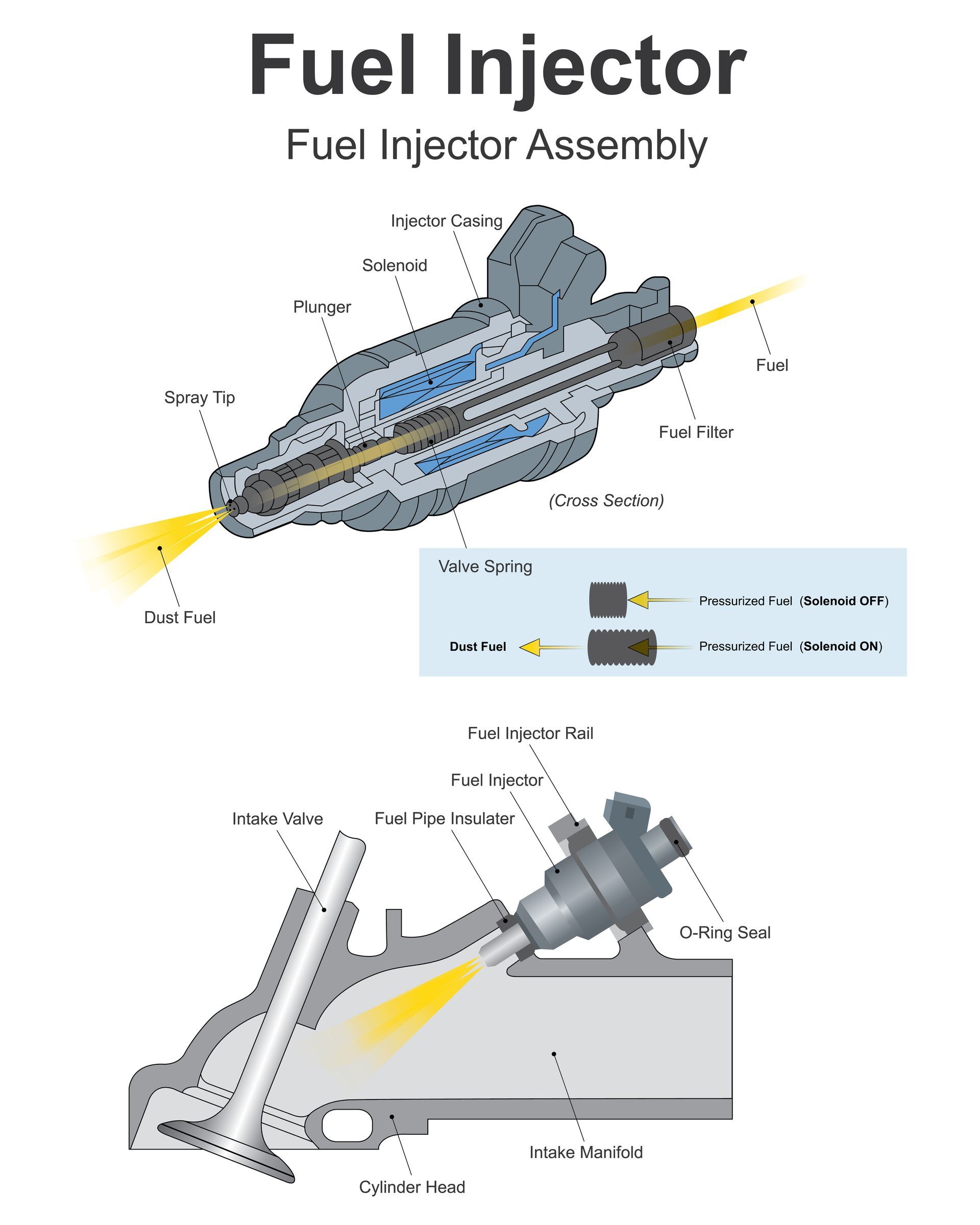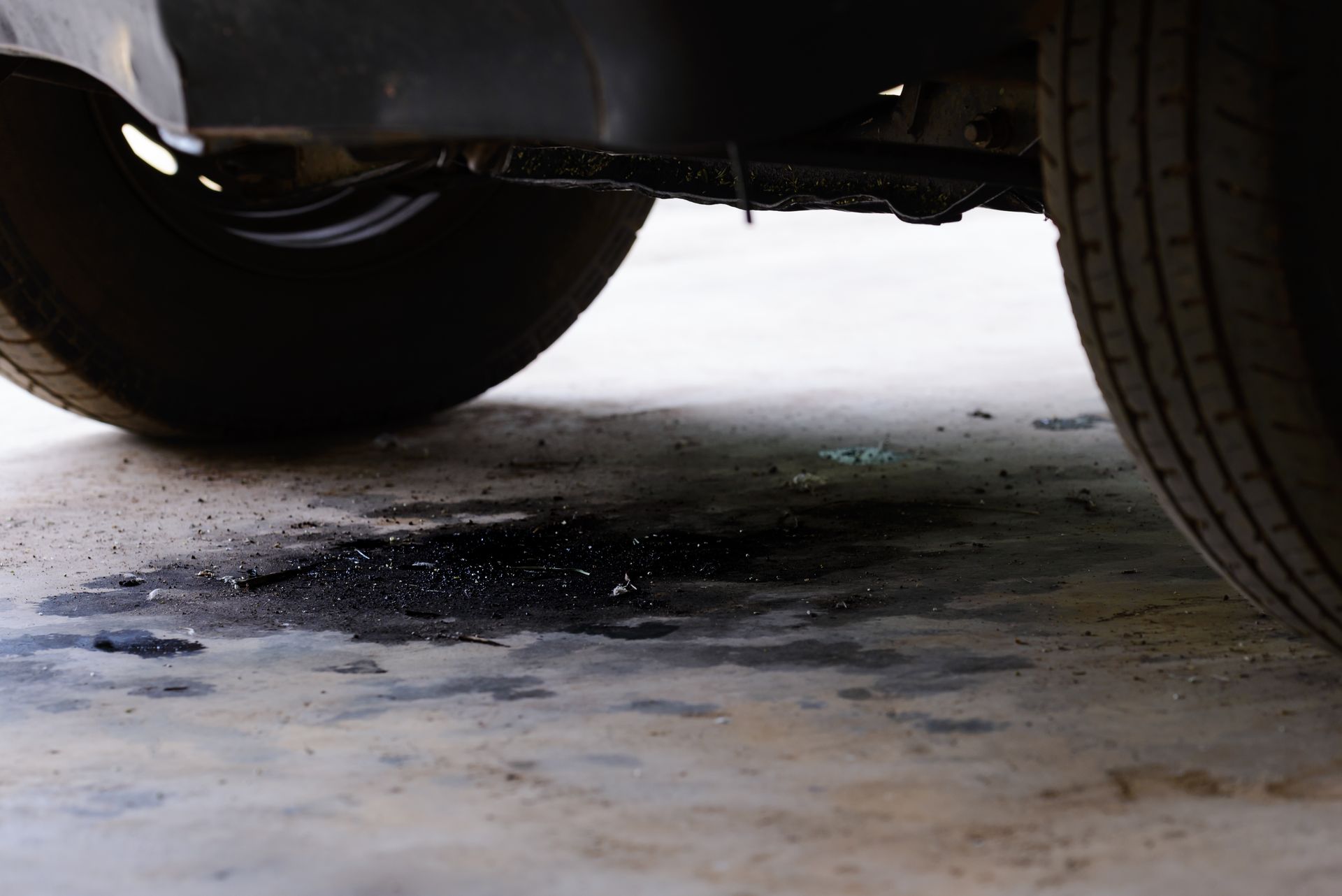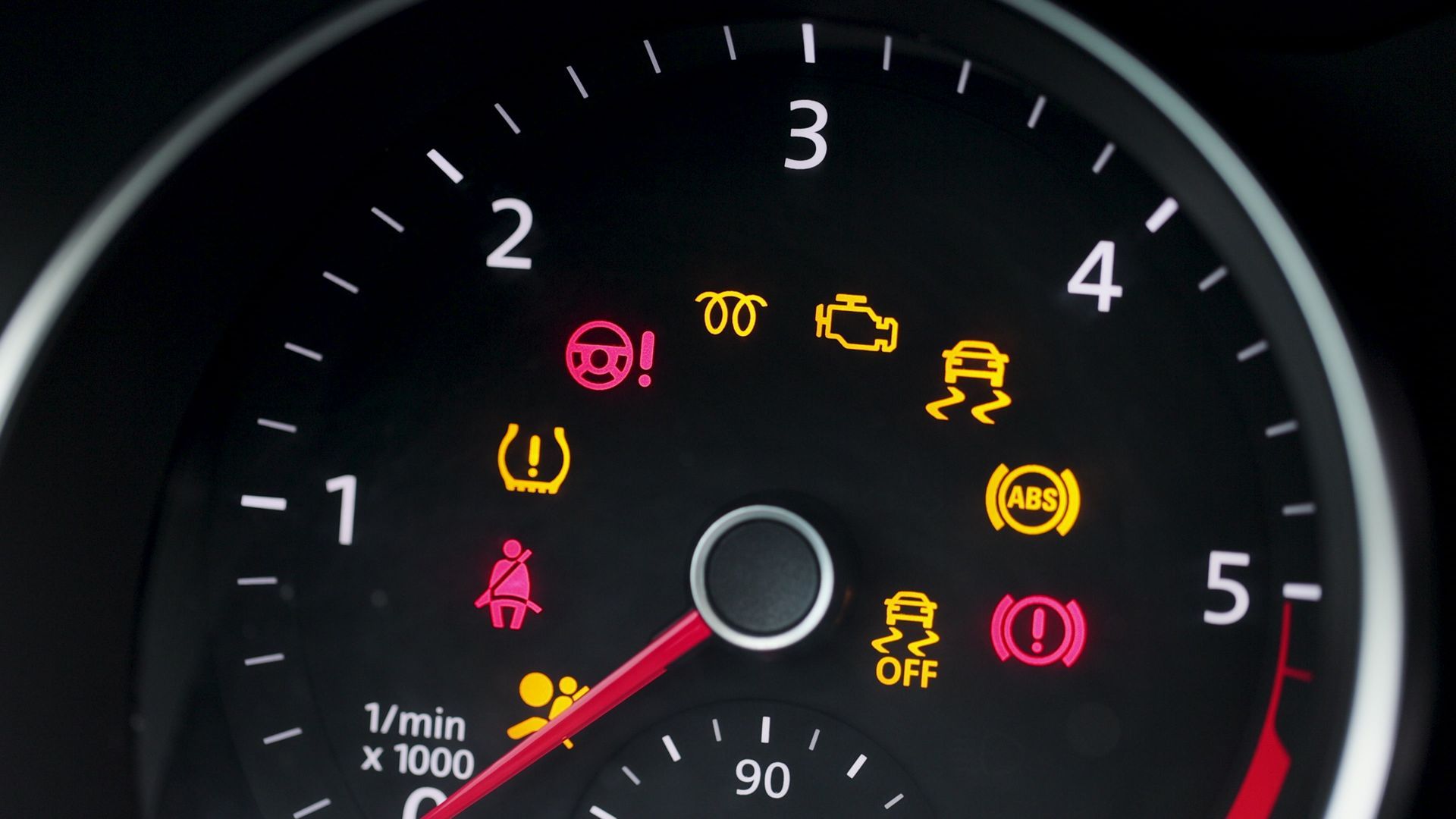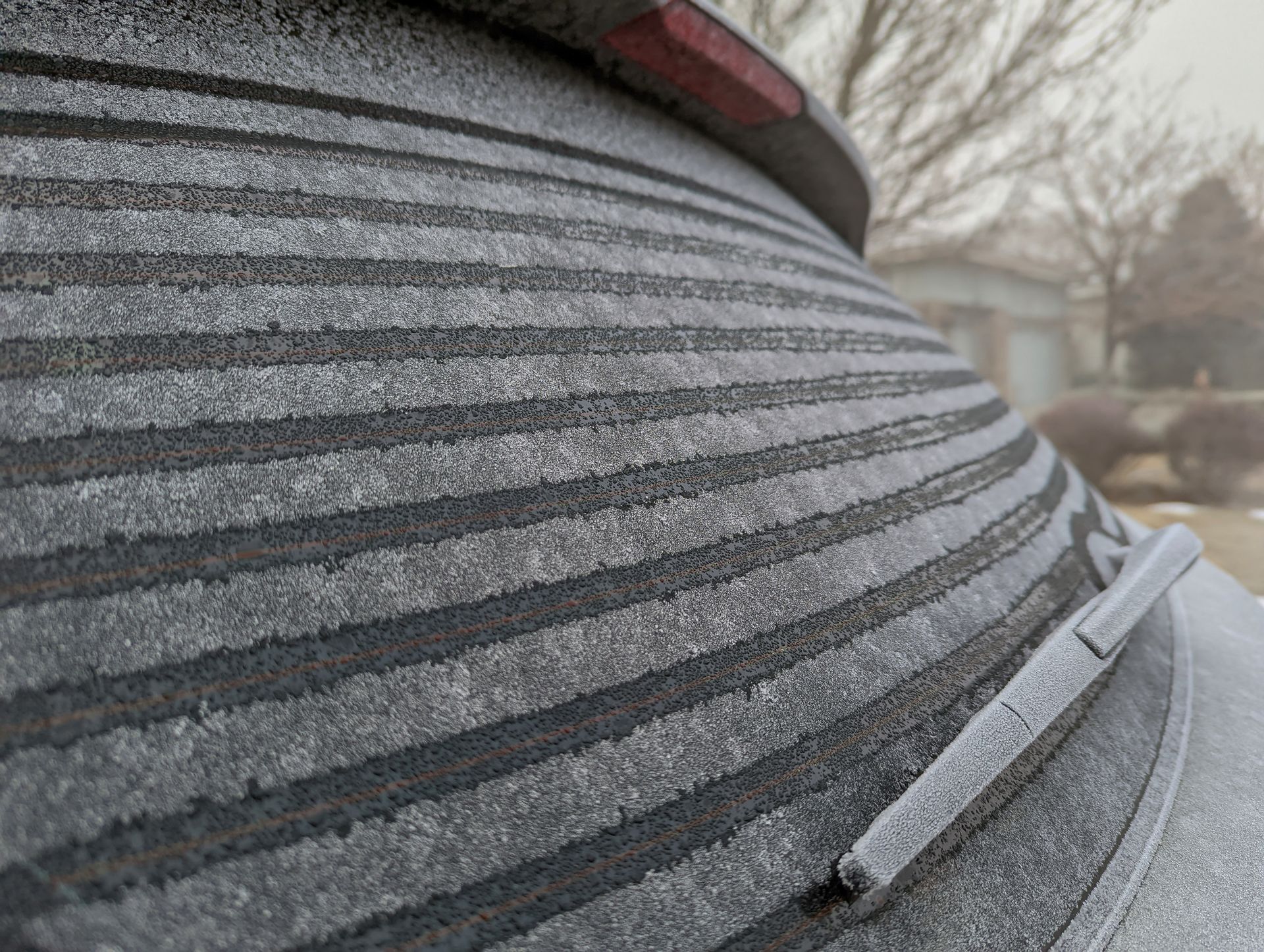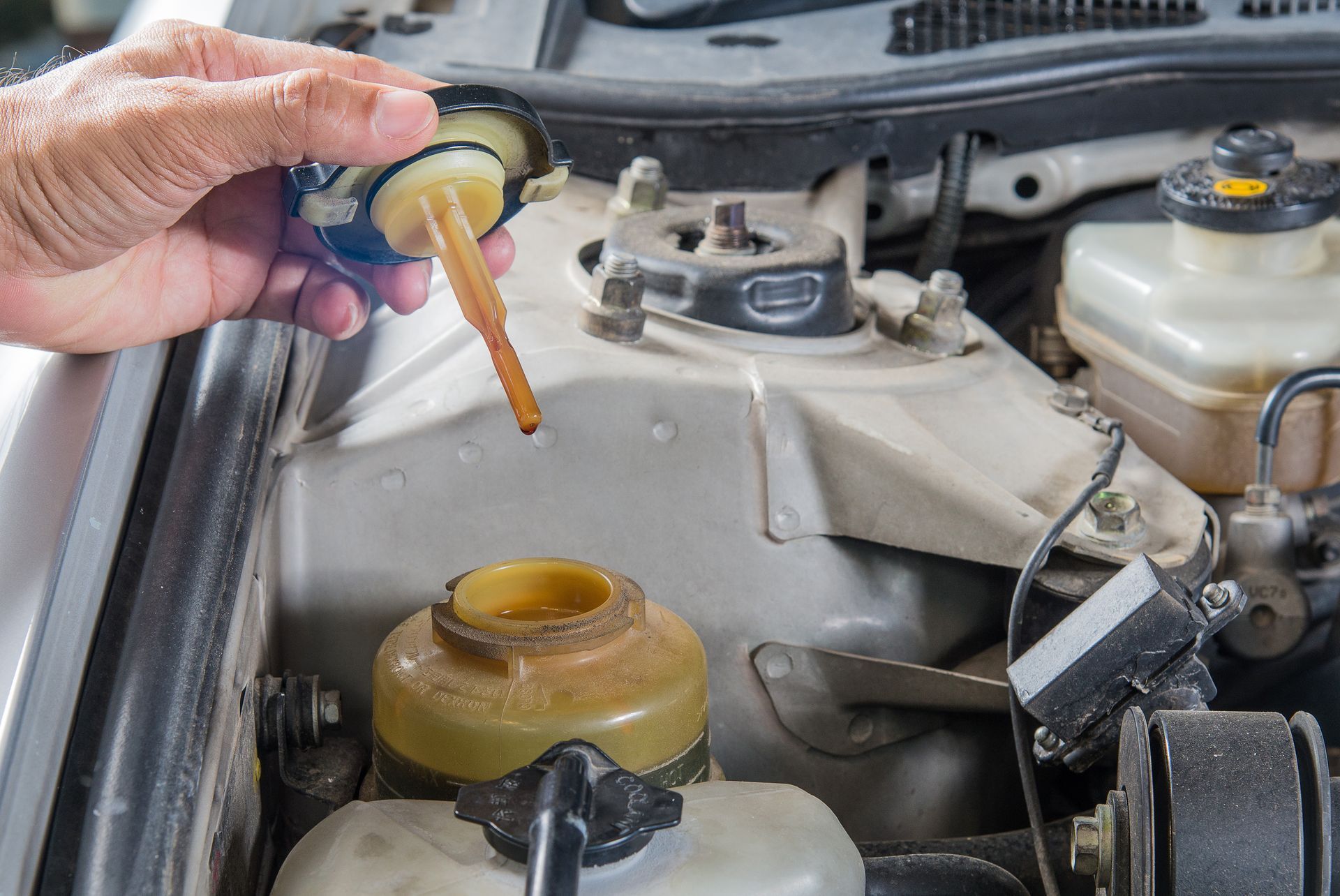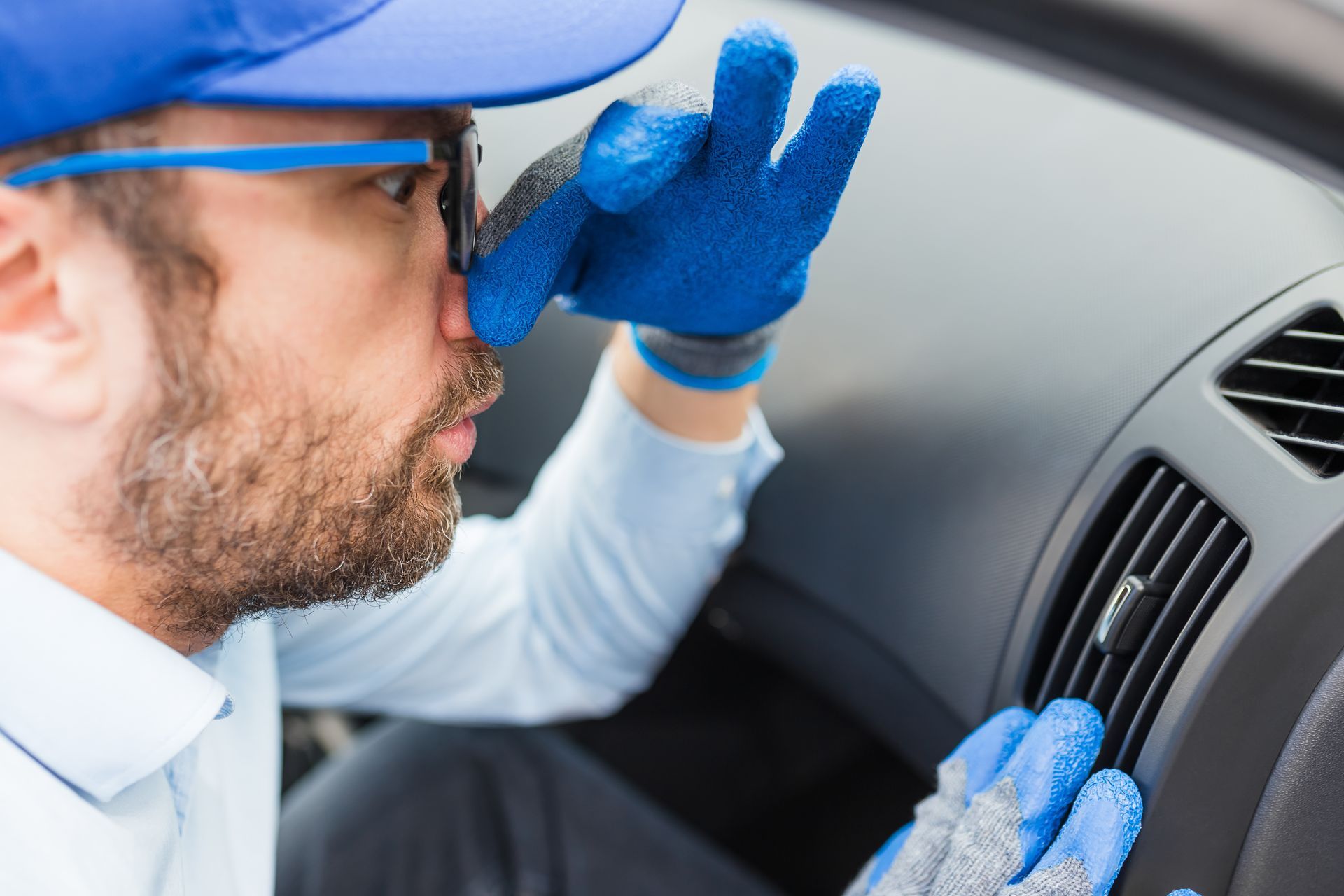Your car’s handbrake (also known as the parking brake or emergency brake) is a critical safety feature designed to keep your vehicle stationary when parked. Whether you’re on a hill or a flat surface, a properly working handbrake provides extra security and peace of mind. If you notice that your handbrake isn’t holding as it should, it’s important to understand why and get it repaired before it causes an accident.
How the Handbrake Works
The handbrake operates independently from your main braking system. It typically uses a cable that connects to the rear brakes and locks them in place when you pull the lever or press the foot pedal. Over time, parts of this system can wear out or become misaligned, preventing the handbrake from engaging properly.
Common Reasons Your Handbrake Isn't Holding
Worn Brake Shoes or Pads
For vehicles with drum brakes in the rear, the handbrake uses brake shoes to keep the car stationary. Over time, these shoes can wear down, reducing their ability to hold the vehicle in place. In cars with rear disc brakes, worn pads can also affect the handbrake’s grip.
If you notice your handbrake lever pulls up higher than usual or feels loose, worn shoes or pads might be the culprit.
Stretched or Damaged Cable
The handbrake cable can stretch or weaken over time, especially in colder climates where moisture and road salt contribute to corrosion. A stretched cable won’t pull the brakes tight enough to secure the car, and a frayed or snapped cable can prevent the handbrake from working at all.
Routine inspections can catch early signs of cable damage before they lead to failure.
Misadjusted Handbrake
Sometimes, the handbrake simply needs an adjustment. If the cable has stretched or brake components have worn down, technicians can tighten or adjust the system to restore its holding power.
Ignoring this adjustment can lead to further wear and potentially unsafe situations, especially if you rely on the handbrake when parking on steep hills.
Corroded or Seized Components
Moisture and dirt can cause components within the handbrake mechanism to rust or seize, particularly in areas with harsh winters. Corrosion can prevent the brake shoes or pads from fully engaging or releasing, affecting performance and even damaging other parts of your braking system.
Hydraulic Parking Brake Issues
Some newer vehicles have electronic or hydraulic parking brakes rather than traditional cables. In these systems, electronic actuators or hydraulic lines can fail, causing similar symptoms. Malfunctions in these advanced systems require professional diagnostics and repair.
Risks of a Faulty Handbrake
A handbrake that doesn’t hold can lead to your car rolling away unexpectedly. This poses a serious risk to pedestrians, other vehicles, and property. Even if you usually rely on the main transmission park setting, a properly functioning handbrake provides an extra layer of safety and is essential for secure parking.
Signs You Shouldn’t Ignore
- Watch out for these signs that your handbrake needs attention:
- The lever or pedal feels loose or travels too far
- The car moves slightly even with the handbrake fully engaged
- Grinding or squealing noises when applying the brake
- Dashboard warning lights related to the parking brake system
If you notice any of these symptoms, it’s important to schedule an inspection promptly.
Keep Your Handbrake Reliable at JP’s Garage in Dieppe, NB
A properly functioning handbrake is crucial for your vehicle’s safety and your peace of mind. At
JP’s Garage in Dieppe, NB, our skilled technicians can inspect, adjust, or repair your handbrake system to ensure it holds securely every time you park. Schedule an appointment today and stay safe on the road and at rest.

